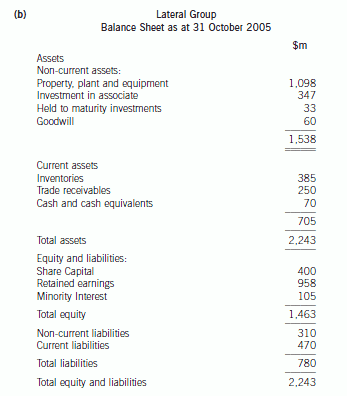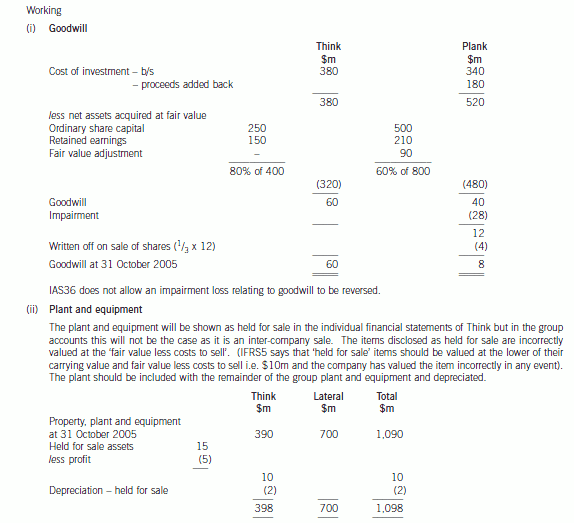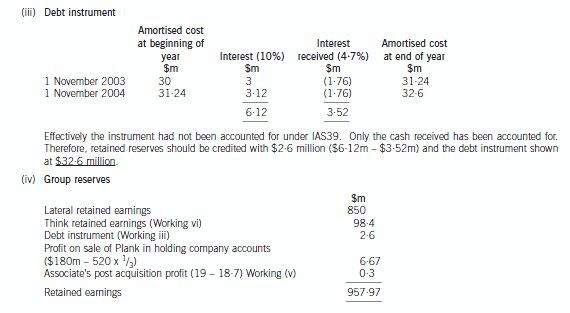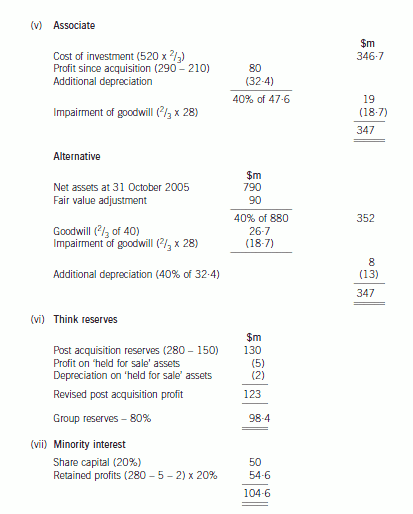请注意!比较认可ACCA证书的地区在这里
发布时间:2020-04-12
你知道有哪些国家比较认可ACCA证书吗?不知道也没有关系,接下来51题库考试学习网将为你分享相关内容,一起来看看吧。
ACCA证书承认国家—大洋洲地区
1、澳大利亚
根据澳大利亚法例Corporation Act 2001, section 1282 & Practice Statement 180 Auditor recognition, 赋予特许公认会计师在澳洲可以担任法定审计和破产管理的法定工作。
2、新西兰
根据新西兰法例Section 199 of the Companies Act 1993: Qualifications of Auditors,赋予特许公认会计师在新西兰可以担任法定审计的法定工作。
ACCA证书承认国家—非洲地区
1、南非
ACCA资格得到南非注册会计师协会认可,可以直接成为南非注册会计师。根据南非官方的资历架构,ACCA专业资格得到南非当地认可为等同南非硕士学位程度。
2、津巴布韦
ACCA是津巴布韦的公共会计及审计委员会成员之一,在当地享有制定及修改当地会计及审计相关的法例,以及直接赋予特许公认会计师法定权力可以在当地执业。
3、其他
ACCA资格亦是得到非洲国家包括埃及、博茨瓦纳、埃塞俄比亚、莱索托、马拉维、狮子山、斯威士兰、赞比亚、毛里求斯、尼日利亚的当地认可,透过与当地会计师公会的认可从而赋予特许公认会计师可以在当地执业。
ACCA证书承认国家—亚洲地区
1、中国大陆 ACCA与中国注册会计师协会现正相讨互认协议,希望最终达成两会会员能够容易成为对方公会会员。透过外资不断涌入中国及ACCA的国际影响力,ACCA资格在中国招聘市场得到广泛雇主尤其是外资企业的高度认可。
2、香港 ACCA与香港会计师公会签订了互认协议,两会会员分别只要能够达成一些条件便可以成为对方公会会员。
3、台湾 ACCA资格得到台湾政府认可,ACCA会员或特许公认会计师只要加考台湾会计师考试的部分科目,便可以成为台湾会计师。
4、新加坡 ACCA与新加坡注册会计师公会签订了互认协议及举办会计师联合考试。透过与新加坡注册会计师公会的认可,从而赋予ACCA可以在新加坡当地执业。
5、马来西亚 ACCA资格得到马来西亚会计师协会的认可,可以直接成为马来西亚特许会计师。
6、巴基斯坦 特许公认会计师可以直接出任巴基斯坦上市公司的法定公司秘书职位。
7、其他 ACCA资格亦是得到中国澳门特别行政区、越南、文莱、柬埔寨及老挝的当地认可,透过与当地会计师公会的认可从而赋予特许公认会计师可以在当地执业。
今天的分享到这里就结束了,以上就是51题库考试学习网为大家分享的哪些国家比较认可acca证书的相关内容,不知道有没有帮助到你呢?还有疑问的小伙伴请多多关注51题库考试学习网,我们会持续更新。
下面小编为大家准备了 ACCA考试 的相关考题,供大家学习参考。
4 All organisations require trained employees. However, training can take many forms, some of which are internal to the organisation.
Required:
Explain what is meant by the terms:
(a) Computer based training. (3 marks)
4 All organisations need appropriately trained employees. Due to the nature of modern business, especially the professions, much of this training is internal and often on a one to one basis. Accountants as managers should therefore be able to understand the different approaches to training and which of them is the most appropriate and cost effective for the training requirements of the organisation.
(a) Computer based training can be inexpensive and is based upon user friendly interactive computer programs designed to enable trainees to train on their own and at their own pace.
(b) Prepare a consolidated balance sheet as at 31 October 2005 for the Lateral Group in accordance with
International Financial Reporting Standards. (21 marks)




6 Certain practices have developed that threaten to damage the integrity and objectivity of professional accountants and
the reputation of the accounting profession.
Required:
Explain the following practices and associated ethical risks and discuss whether current ethical guidance is
sufficient:
(a) ‘lowballing’; (5 marks)
6 CERTAIN PRACTICES
Tutorial note: The answer which follows is indicative of the range of points which might be made. Other relevant material will
be given suitable credit.
(a) ‘Lowballing’
Explanation of term
‘Lowballing’ is the ‘loss-leading’ practice in which auditors compete for clients by reducing their fees for statutory audits.
Lower audit fees are then compensated by the auditor carrying out more lucrative non-audit work (e.g. consultancy and tax
advice). Audits may even be offered for free.
Such ‘predatory pricing’ may undercut an incumbent auditor to secure an appointment into which higher price consultancy
services may be sold.
Ethical risks
There is a risk of incompetence if the non-audit work does not materialise and the lowballing firm comes under pressure to
cut corners or resort to irregular practices (e.g. the falsification of audit working papers) in order to ‘keep within budget’.
However, a lack of audit quality may only be discovered if the situation arises that the company collapses and the auditors
are charged with negligence.
If, rather than comprise the quality of the audit, an audit firm substantially increases audit fees, a fee dispute could arise. In
this case the client might refuse to pay the higher fee. It could be difficult then for the firm to take the matter to arbitration
if the client was misled. Thus an advocacy threat may arise.
Financial dependence is a direct incentive that threatens independence. A self-interest threat therefore arises when, having
secured the audit, the audit firm needs the client to retain its services in order to recoup any losses initially incurred.
The provision of many other services gives rise to a self-review threat (as well as a self-interest threat).
Sufficiency of current ethical guidance
In current ethical guidance, the fact that an accountancy firm quotes a lower fee than other tendering firms is not improper,
providing that the prospective client is not misled about:
– the precise range of services that the quoted fee is intended to cover; and
– the likely level of fees for any other work undertaken.
This is clearly insufficient to prevent the practice of lowballing.
Legal prohibitions on the provision of many non-audit services (e.g. bookkeeping, financial information systems design and
implementation, valuation services, actuarial services, internal audit (outsourced), human resource services for executive
positions, investment and legal services) should make lowballing a riskier pricing strategy. This may curb the tendency to
lowball.
Lowballing could be eliminated if, for example, auditors were required to act ‘exclusively as auditors’. Although regulatory
environments have moved towards this there is not a total prohibition on non-audit services.
11 The following information is available for Orset, a sole trader who does not keep full accounting records:
$
Inventory 1 July 2004 138,600
30 June 2005 149,100
Purchases for year ended 30 June 2005 716,100
Orset makes a standard gross profit of 30 per cent on sales.
Based on these figures, what is Orset’s sales figure for the year ended 30 June 2005?
A $2,352,000
B $1,038,000
C $917,280
D $1,008,000
声明:本文内容由互联网用户自发贡献自行上传,本网站不拥有所有权,未作人工编辑处理,也不承担相关法律责任。如果您发现有涉嫌版权的内容,欢迎发送邮件至:contact@51tk.com 进行举报,并提供相关证据,工作人员会在5个工作日内联系你,一经查实,本站将立刻删除涉嫌侵权内容。
- 2020-03-30
- 2019-07-20
- 2020-05-09
- 2020-01-10
- 2020-01-10
- 2020-01-10
- 2021-04-24
- 2019-07-20
- 2020-01-10
- 2020-04-29
- 2020-01-10
- 2020-01-10
- 2020-01-10
- 2020-02-20
- 2020-01-10
- 2020-04-09
- 2020-01-10
- 2020-03-21
- 2021-07-23
- 2020-05-09
- 2020-01-10
- 2020-01-10
- 2020-03-07
- 2020-01-09
- 2020-05-05
- 2020-04-08
- 2020-01-10
- 2020-01-09
- 2020-02-21
- 2020-01-09